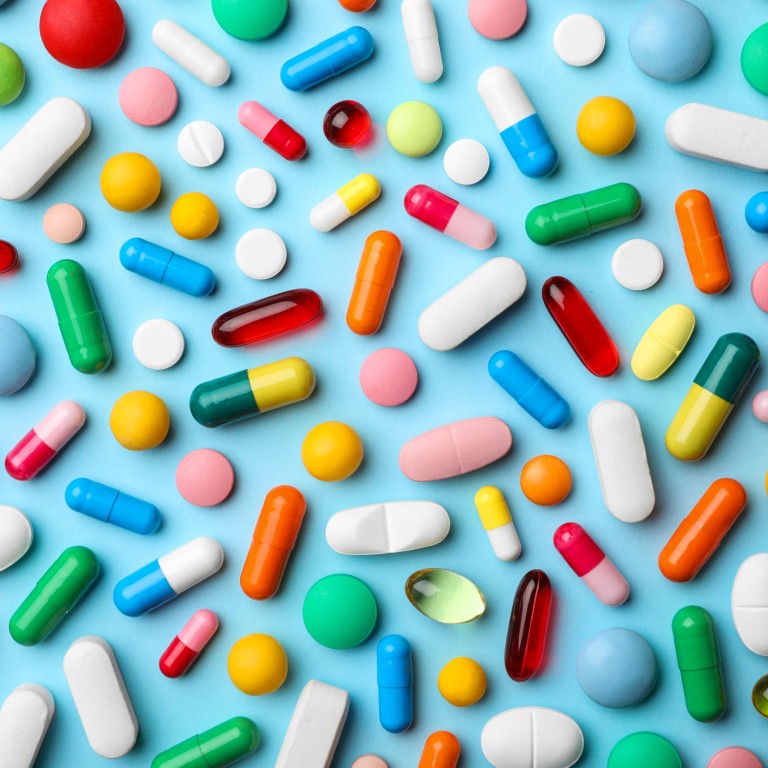
WuXi AppTec, Warburg Pincus backed AI drug firm Insilico hopes to boost Hong Kong drug discovery sector
- Drug discovery has been unaffordable for most Hong Kong firms, but AI could change that, Insilico executive says
- Hong Kong is trying to build itself into an innovation and technology hub and will allocate US$2 billion to five major technology projects this financial year
The company announced late last month that it had initiated phase I clinical trials for its first AI-discovered antifibrotic product candidate. The announcement came as Hong Kong is trying to build itself into an innovation and technology hub – it coincided with a government announcement that it would allocate HK$16 billion (US$2 billion) to five major technology projects for this financial year as part of its 2022-2023 budget.
“I truly believe that by working together, we can create a new drug discovery industry in Hong Kong and also attract more talent to the sector,” Frank Pun, head of Insilico’s Hong Kong office, said in an interview. The huge inputs required by drug discovery, usually billions of dollars and years of development, mean there are few such firms in the city, Pun said, adding that most health care companies in Hong Kong were diagnostic products and testing kit makers.
“[Drug discovery] is unaffordable for most Hong Kong companies,” he said. “But now … AI … can really, significantly shorten the time we spend on drug discovery. At the same time, we save a lot of resources.”
Insilico’s initiative comes at a significant time. Globally, the AI drug discovery market is expected to grow at a compound annual growth rate of about 34 per cent to US$5.6 billion by 2029 from US$626.6 million last year, according to Polaris Market Research.
AI drug discovery has also attracted significant investment, with 11 companies raising more than US$100 million since March 2020, according to BOC International Holdings (BOCI), the wholly owned subsidiary of Bank of China that offers investment banking and securities brokerage services.
Insilico’s clinical trials are aiming for a “novel target”. “For the AI-powered drug discovery market that is extremely important,” said Alex Zhavoronkov, the company’s co-founder and CEO. “What we did with this programme is that we actually started with a target that was not known. It was not implicated in fibrosis. People never tried [AI-powered drug discovery] for fibrosis. We had to demonstrate that it works in fibrosis and multiple animal models.”
The company also has two programs in preclinical candidate stages. These are aimed at finding molecules for the production of drugs that will help slow ageing and cure diseases that emerge during the ageing process.
Insilico uses modern machine learning techniques and cloud computing technologies to help with target identification and molecule designation. Target identification is key to drug discovery as much of the failure rate – as high as 95 per cent according to the company – derives from choosing the wrong targets purely based on scientists’ experience and judgment.

